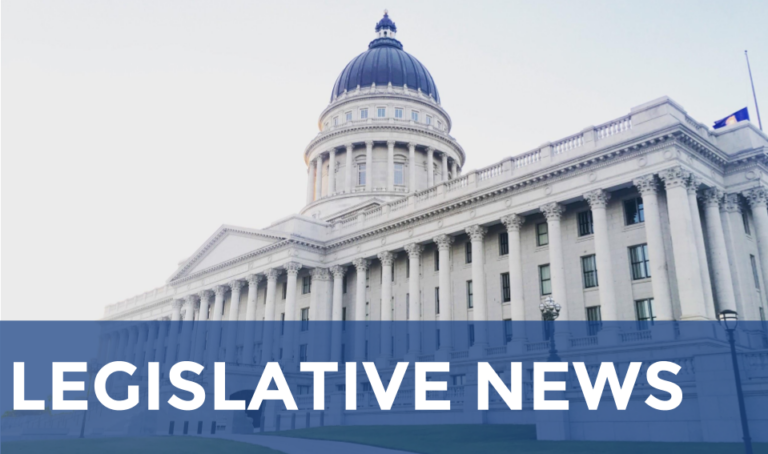HR Help by Payroll People provides HR services and online materials, including summaries of federal and state law, certified harassment training materials, step-by-step procedures for HR tasks, and more. Contact us at 888-380-1869 or email us to learn more or enroll now.
The Overpayment Nightmare
Quickie Burgerz is a growing business, so Mary, the restaurant manager, hired Tabitha. Up until recently, everything was running smoothly. That is, until another employee informed Mary that Tabitha was bragging about getting overpaid.
Mary sat down, reviewed the payroll records since Tabitha’s hire date two months earlier, and discovered a disastrous error. Tabitha’s starting wage was $7.25 per hour, the minimum wage in her state, but a clerical entry error on her original paperwork noted that she would receive a staggering $72.50 per hour.
Tabitha had been receiving 10 times her appropriate wages for two consecutive months and never said a word. In total, she received more than $10,000 in overpayments. Read on to learn how Mary handled this overpayment nightmare!
*This example is based on an actual incident; however, names and other organizational details were changed.
Oh, The Horror!! Helicopter Parents!
Sherry owns a local fast-food restaurant and employs many minor employees. She has never had any issues with employing minors until she hired Mark (who is 16).
Mark regularly reports to work late and, after 5 tardies, Sherry issues a written warning. Mark is immediately apologetic. He signs the written warning and promises he will work harder to report to work on time.
The next day, Sherry receives a phone call from Mark’s mother, Pamela. She is terribly upset she was not contacted before Mark received a written warning. Pamela also accuses Sherry of breaking the law because she asked a minor to sign a written warning. Finally, Pamela informs Sherry that, in the future, she must be present anytime Sherry speaks with her son.
Does Sherry have to comply with Pamela’s demands?
STATE UPDATES
ALL STATES
Political Speech in the Workplace: Strategic Considerations for Employers
CALIFORNIA
CROWN Act Amended
New Law Restricts Driver’s License Requirements in Job Postings
Paid Sick Leave Expanded for Ag Employees
MAINE
Paid Family and Medical Leave Proposed Rules Released
MARYLAND
Wage Transparency and Paystub Notice Laws Effective Oct. 1
MASSACHUSETTS
PFMLA Doesn’t Require Employers to Allow Benefits Accrual
MICHIGAN
Minimum Wage Clarification










